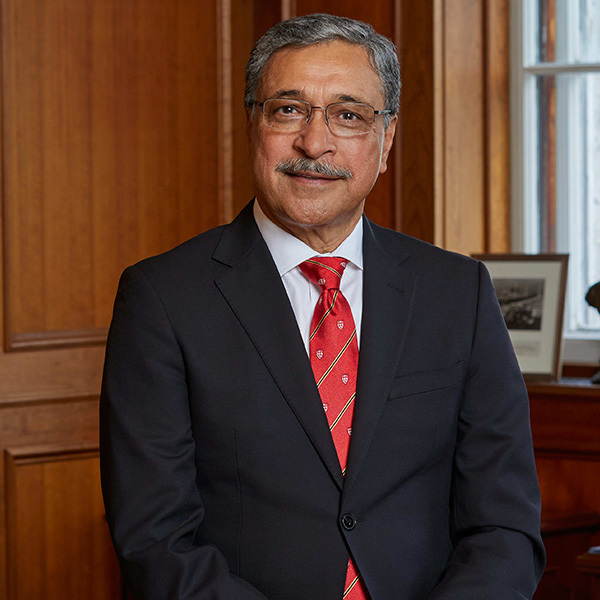Streamed live: Thursday, April 23, 2020 12:00 p.m. EDT
How have past generations managed global pandemics? What role has politics played in how governments address health crises? What lessons from recent epidemics like HIV/AIDS are informing how scientists are responding to COVID-19?
In this edition of our webcast series, two McGill experts explored the current COVID-19 pandemic through the lens of history, reaching back to past plagues and diseases, as well as more recent challenges, to help us understand how scientists, politicians and the rest of us are responding to the current crisis, and what the past might tell us about what kind of world will emerge.
With:
Dr. Marina Klein, Professor, Department of Medicine, Division of Infectious Diseases, and Senior Scientist, McGill University Health Centre – Research Institute. Dr. Klein is the National Co-director of the CIHR-Canadian HIV Trials Network and currently serves on the International AIDS Society’s Governing Council and executive committee. Her research program builds on years of multidisciplinary work leading one of the largest cohorts focused on HIV and HCV co-infection in the world (www.cocostudy.ca). As Canada Research Chair in Clinical and Epidemiologic Studies of Chronic Viral Infections in Vulnerable Populations, she is documenting the impact of new HCV therapies on health outcomes, designing and testing tailored approaches to increase access to diagnosis and treatment, building capacity for research with Indigenous communities and using evidence generated to advocate for policy change. Her goal is to pave the way to eliminating HCV and other chronic viral infections in Canada and globally.
Prof. Jason Opal, Associate Professor and Chair, Department of History, co-author of an upcoming book on the history of diseases in American life. Professor Opal studies colonial North America, the American Revolution, and the early decades of the United States. His work tries to integrate social, cultural, and intellectual history and to shed light on such broad topics as nationalism, capitalism, and democracy. His new projects are Most Noble Island: Three Ages of Barbados in the Early Americas and a collaborative project with his father, Dr. Steven M. Opal, on the history of epidemic diseases in American life.


